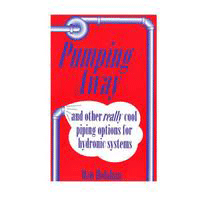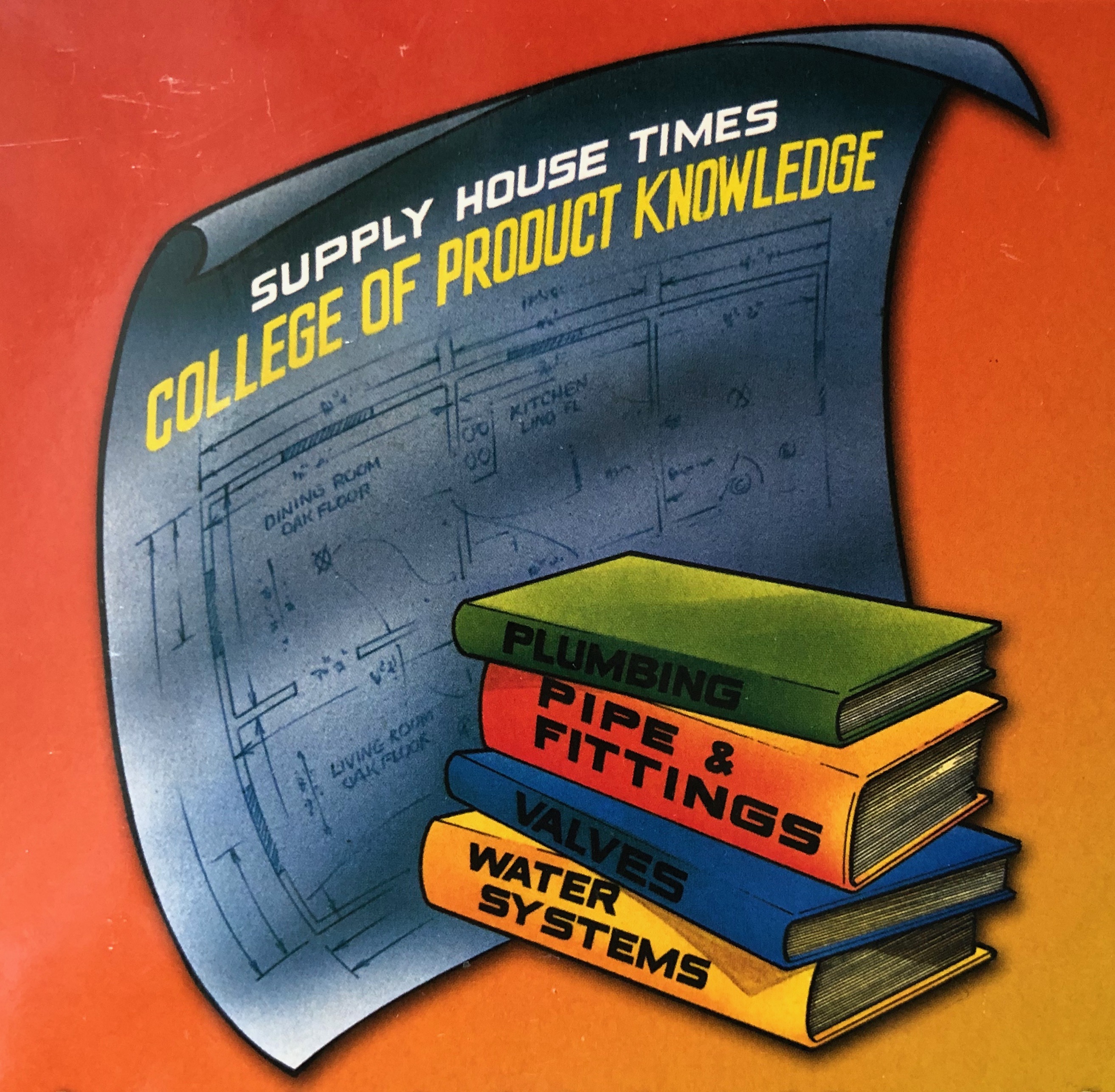For me, I would have to say never tell someone you are too busy. This is something that can be applied to both one’s personal and professional lives. The person who gave me the advice said using that excuse indicates you do not value the person making the request as a high priority.
How can loved ones, friends and customers not be high priorities? I admit I still slip up on that one once in a while, but when I do and use the “B” word, I immediately think back to that advice. My advice: Even if you really are too busy, still attempt to find a way to make the request happen.
Speaking of advice, NIBCO President and COO Steve Malm talked to attendees at the recent ASA Young Executives Spring Forum in Memphis, Tenn., about that very topic. NIBCO sponsored this year’s YE Spring Forum and also took attendees on a tour of its Arkansas manufacturing facility.
Malm’s advice he learned some time ago? “Sell more. Spend less,” he said. “We make business more complicated than it needs to be. The keys are to sell more and spend less. I’ve spent the rest of my career applying that knowledge to the real world.”
Malm has added a third item to the mix. “Develop more people,” he said. “Sell more. Spend less. Develop people.”
There’s actually one more component that perfectly ties into that short, yet impactful plan. “If you can’t put your strategic plan on the back of an envelope, it’s too long. You should be able to put it on the back of a business card,” said Malm, whose plan indeed fits on the back of a business card.
Malm then dove deeper into those three components in his brief, but powerful remarks prior to the YE dinner. “Try not to sell less,” he said. “If you see leakage in sales, take care of it. Grow your business from the core. Customers have to be your best prospects and the products you sell are your best opportunities.”
Using lean practices, Malm added, will help with the spending less part. “Have a lean tool kit to standardize the work you do,” he said. “Measure it. If there is a delta between expectations and reality, fix it. If you sell more and spend less, profits will increase.”
But without good people, Malm said, the first two parts of the equation are tough to execute. “Who is going to do all this for you?” he asked. “People. Develop good people.”
On the subject of people, Malm talked about managing as it relates to the minute hand on a clock. “At the top of the clock, manage it up,” he said. “Learn how to be in tune with what the boss expects and try to deliver it.”
When the hand on the clock is on the three, Malm calls that managing sideways. “Peer relationships within a company are extremely important,” he said. “If you have good relationships with people, life will be easier. Build equity.”
And when that hand hits six, that’s when managing people occurs, Malm noted. “This is the time where you develop people,” he said. “First of all, expectations must be communicated and roles clearly defined. Ensure metrics are in place in terms of what constitutes a good job and what is a shortfall. And then coach if there is a situation that requires it. Make sure you are critiquing the performance and not the person.”
From six to 12 on the clock is when customer relationships are managed. “They are, by far, the most important relationships we have,” Malm said.
At the end of the cycle, all things point back to the No. 12. “If you do all the right things and everything goes well, the people up at No. 12 will be happy,” Malm said.
Malm also lauded ASA for its continued push on the education front — another key component in running a successful business. “Education is the killer app in any industry,” he said.
I’d put good advice into that killer app category as well.
This article was originally titled “Simple advice” in the July 2016 print edition of Supply House Times.









